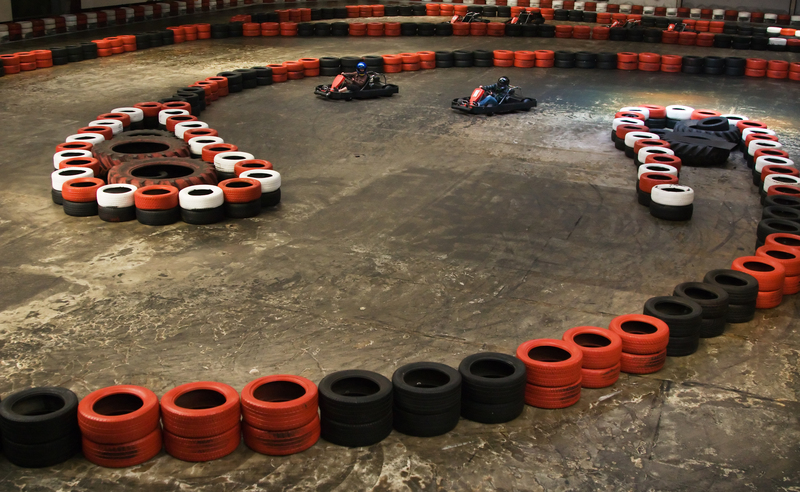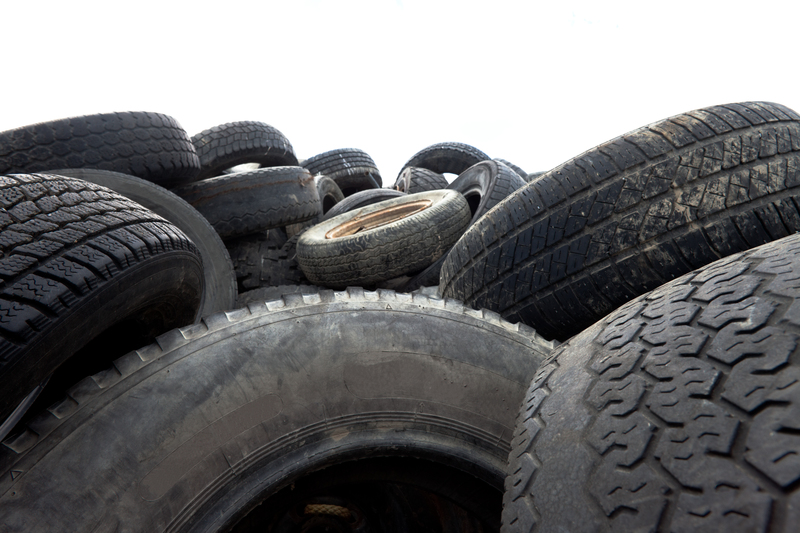Correct Methods for Sorting Waste
Posted on 06/11/2024
Sorting waste efficiently starts with understanding the different categories. Waste can typically be divided into the following groups:
- Recyclable waste: Items such as paper, cans, glass bottles, and certain plastics fall into this category. These items can be reprocessed into new products.
- Organic waste: Food scraps, garden waste, and other biodegradable materials that can be composted.
- Hazardous waste: This includes batteries, paints, chemicals, and electronic waste which require special handling.
- General waste: Items that cannot be recycled or composted, typically disposed of in landfills.
Recycling Best Practices
Recycling helps reduce pollution and save energy. Follow these tips for effective recycling:
- Clean your recyclables: Ensure that items like bottles and food containers are rinsed to remove any residue.
- Sort by material: Separate paper, plastic, metal, and glass. Many recycling centers have specific bins for each.
- Avoid contamination: Keep non-recyclable materials out of recycling bins. Contaminants can spoil entire recycling batches.

Proper Composting Techniques
Composting turns organic waste into valuable fertilizer. Implement these methods for successful composting:
- Balance green and brown materials: Mix green materials (food scraps, grass clippings) with brown materials (dry leaves, wood chips) to maintain a healthy compost pile.
- Aerate your compost: Turn the pile regularly to introduce oxygen, which speeds up decomposition.
- Monitor moisture levels: The compost should be damp, not soaking wet or dry. Adjust moisture accordingly.
Managing Hazardous Waste
Hazardous waste requires special attention to prevent harm to humans and the environment. Follow these guidelines:
- Identify hazardous items: Look for labels that indicate corrosiveness, flammability, or toxicity.
- Use designated disposal centers: Take items like batteries, electronics, and chemicals to certified hazardous waste facilities.
- Store safely: Until you can properly dispose of them, store hazardous waste in a cool, dry place away from children and pets.
Innovative Methods and Emerging Trends
Innovations in waste sorting are continually emerging. Here are some trends making waves:
- Smart bins: Using sensors and AI, smart bins sort recyclables automatically, improving accuracy and efficiency.
- Waste-to-energy: Facilities that convert waste into energy are becoming more popular, providing a sustainable way to manage waste.
- Plastic-eating bacteria: Researchers are developing bacteria that can break down plastic, offering a potential solution to plastic pollution.
Pros and Cons of Waste Sorting
Sorting waste has various advantages and limitations:
Pros:
- Reduces landfill waste, conserving space
- Lower carbon footprint by recycling and composting
- Conserves natural resources
- Generates economic benefits in recycling industries
Cons:
- Requires time and effort for proper sorting
- Costs associated with recyclable material processing
- Potential contamination if not sorted correctly
- Limited recycling facilities in some areas
Practical Tips for Efficient Waste Sorting
Here are some additional tips to make waste sorting easier and more effective:
- Label your bins: Clear labels can help prevent mistakes.
- Create a sorting station: Designate a specific area in your home for sorting materials.
- Get the family involved: Teach children about waste categories and how to sort properly.
- Stay informed: Keep up to date with local recycling guidelines and facilities.

Takeaways
Effective waste sorting is crucial for environmental conservation and resource management. By understanding waste categories, employing best practices in recycling and composting, appropriately handling hazardous materials, and staying updated on innovative methods, we can significantly reduce our ecological footprint. Incorporating practical tips into your daily routine can make waste sorting an effortless task.
Conclusion
Correct methods for sorting waste are vital in managing our waste efficiently and sustainably. By educating ourselves and our communities, we can make a significant impact on the environment. The advantages of proper waste sorting far outweigh the minor inconveniences, leading to a cleaner, healthier planet for future generations. Start implementing these strategies today and contribute to a sustainable future.
Latest Posts
DIY Paper Recycling at Home in 6 Steps
Advance Your Recycling Approach
Plant-Based Plastics: Future Innovations






